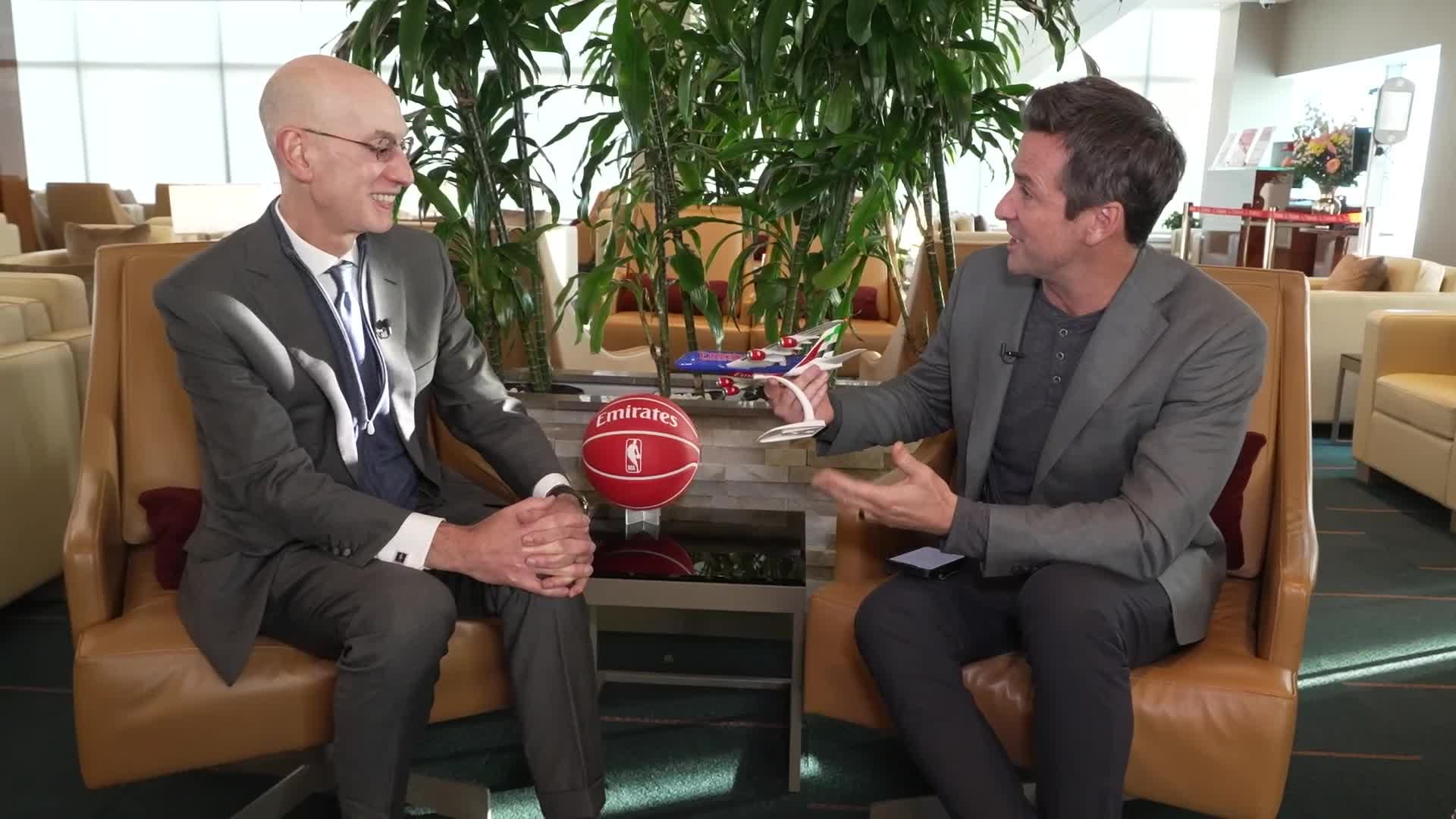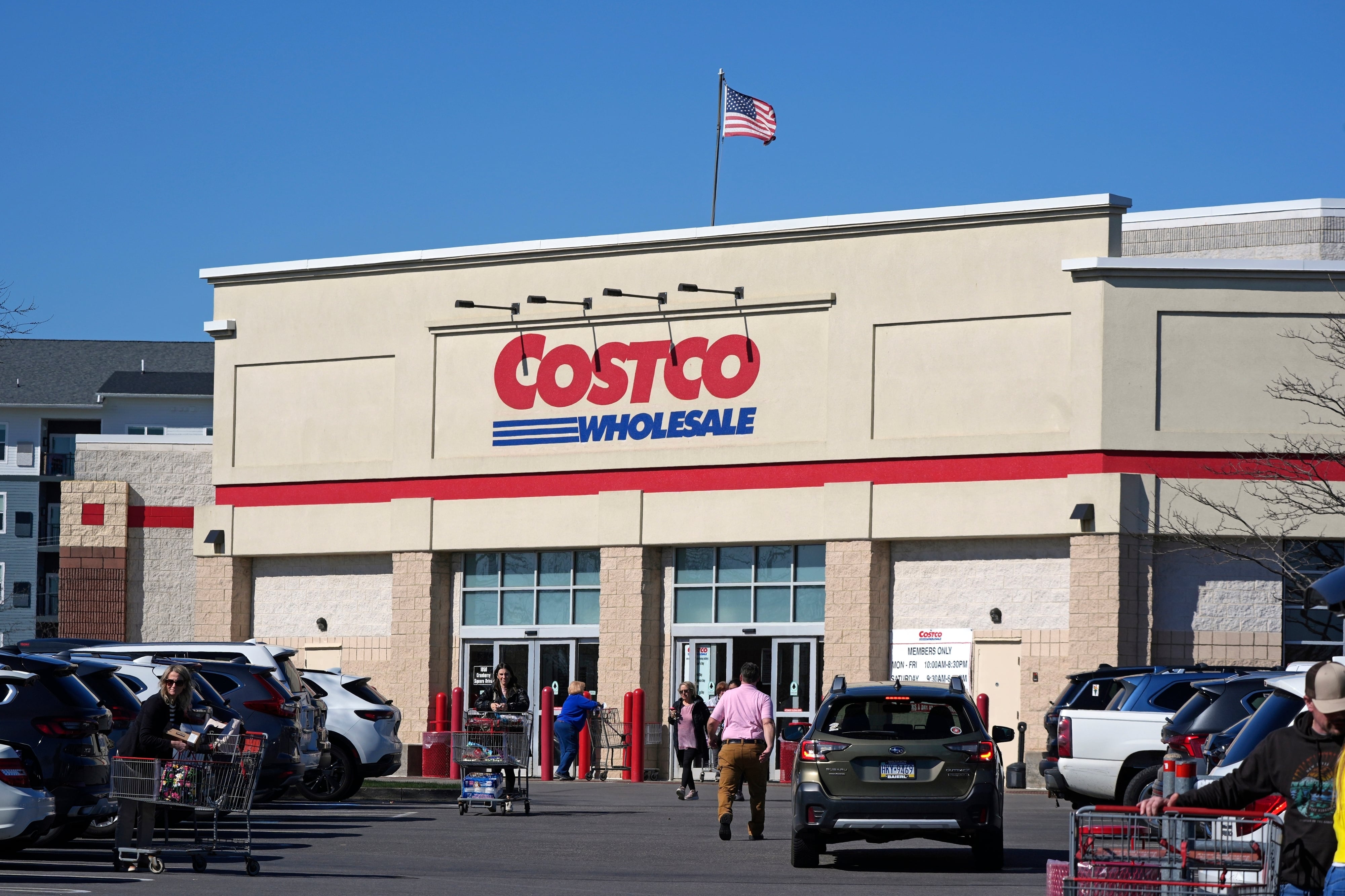*By: Madison Alworth* Amazon has already started offering deals even before the official start of Prime Day. But the discounts aren't always the big bargains they appear to be. Louryn Strampe, deal editor for Mobile Nations' Thrifter, a site dedicated to finding the best tech tips and deals for consumers, joined Cheddar with some tips on how to weed out the imposters. "You can look at a website such as [Camel Camel Camel](https://camelcamelcamel.com/), which is one of our favorites at team Thrifter," she said. "You just enter an Amazon item's SKU, and it will show you all of the price tracking information." Strampe said Amazon, like other retailers, will artificially jack up the price of certain items before Prime Day, making it seem like a sale is way better than it actually is. That's not to say no offers are legit. Tech, especially anything that incorporates Amazon technology, could be a good bet. Since the shopping "holiday" is largely about promoting Amazon and its devices, buyers can expect some of the best deals to be on Echos, Kindles, and Fire TVs. Prime Day was launched in 2015, touting more and bigger deals than Black Friday or Cyber Monday. While Amazon doesn't report revenue numbers for the event, it said sales last year were 60 percent higher than they were in 2016. And this year the company has one more stream from which to find customers. "With the Whole Foods integration you can expect to see deals on more everyday essentials," Strampe said. "Things like paper towels or laundry detergent or items you just need on a daily basis." Amazon Prime Day officially starts at 3 pm ET on Monday, July 16th. For the full segment, [click here.](https://cheddar.com/videos/a-preview-of-amazon-prime-day)











